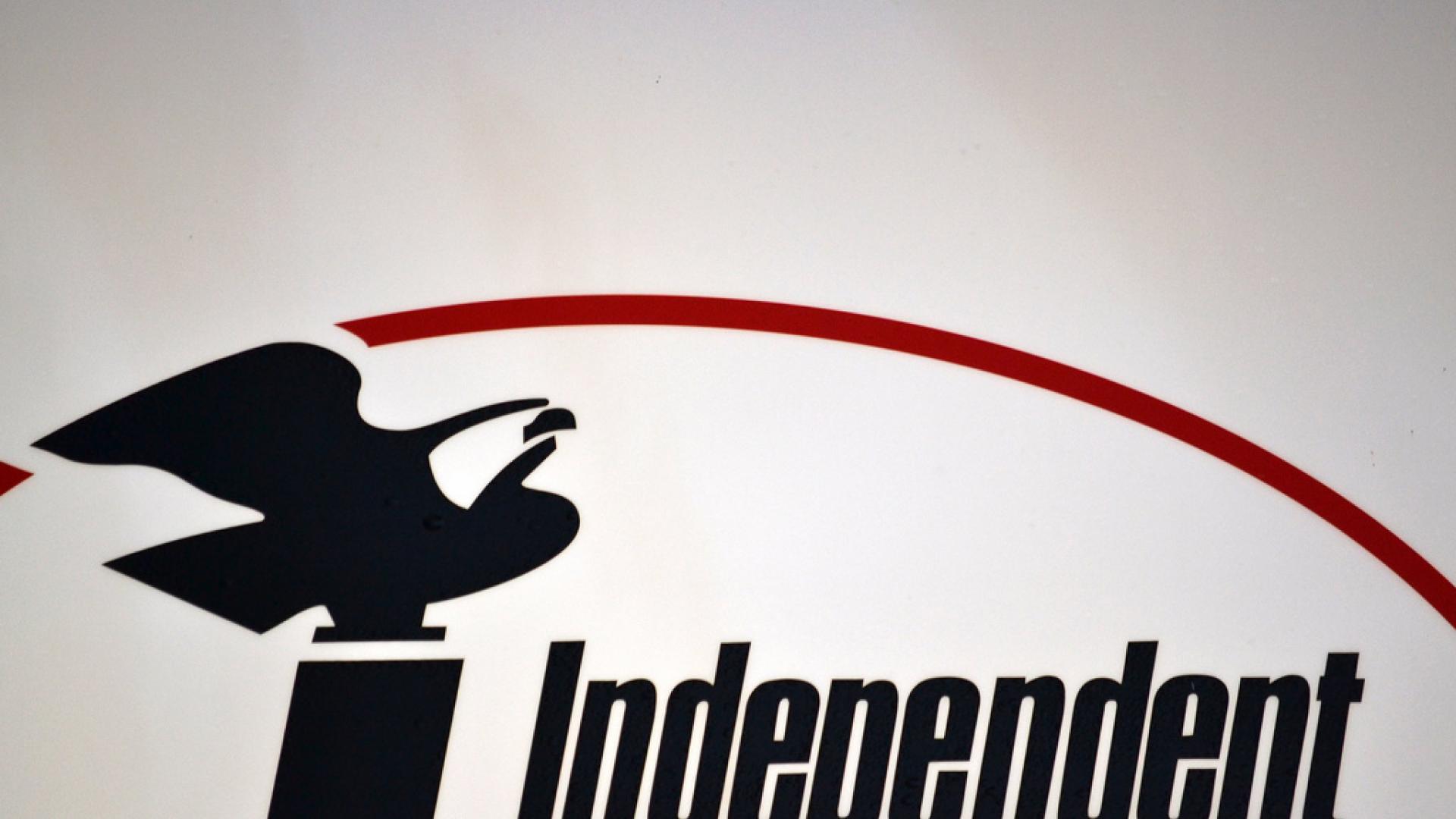There are certain words which in the charity world have gained a completely different meaning from the one they do in the rest of the world. Independence is one of them.
Joe Saxton
Are we on the money with this? Or does it depend? Leave us a comment below.
This is truly the paradox of
This is truly the paradox of charity, Government funding and control of charity.
In New Zealand we ask where is the policy for the Charities Office to determine promotion of selected charities (events, initiatives etc) within the monthly newsletter to all registered charities.
A cornerstone of charity is that any Government of the day must not be in a position to persuade or shape charity for their own social policies.
If Government can PROMOTE, DIRECT and USE selected charities then donations made by the Public are subterfuge taxation.
Errol Anderson, Registrar, NZ Trustees Association
Joe, Your point about
Joe, Your point about contracts needs some clarification since a contract only prescribes activities within its terms - not the whole organisation which your phrasing seems to imply.
As you suggest, I think that independence is very much about the degree to which any funder or interest group can influence.
A test of independence might be to assess whether any one stakeholder relationship prevents the charity from deciding to do anything else that it might want to for its beneficiaries.
Citizens Advice is often critical of government, using clients' experience as evidence, and whilst in receipt of over £49m of government money in 2011-12.
Paul, your comments are
Paul, your comments are worthy of consideration however the question of how independent is independent is right there with George Orwell's "Animal Farm".
Independence is "Freedom from the control, influence, support, aid, or the like, of others."
There is no further qualification of "independence" needed.
You either are independent of another body or you are not.
Government / Charity contracts for services are riddled with conditions, unique reporting requirements, control, influence, stakeholder appointments to Boards, etc...
In return Government will, for their selected preferred supplying charities, promote and endorse those entities.
What is the solution? Well if a charity is promoted, directed and used by Government they are no longer independent, they have compromised their core charitable status. Therefore while they may call themselves a charity in name they should be removed from the register, and have all charitable tax concessions removed. The "charity" is now a business and should be treated as such, or at least that section of operations should be removed from the charity.
The Public should not be mislead by Government / Charity contracts, this is breaching the integrity of charity, the cornerstone of independence from Government persuasion.
Harsh but true.
Errol Anderson, Registrar, New Zealand Trustees Association

